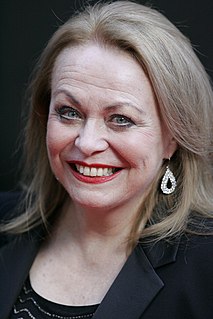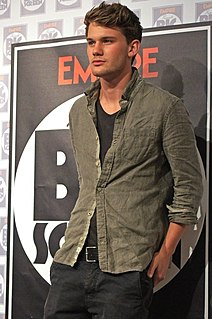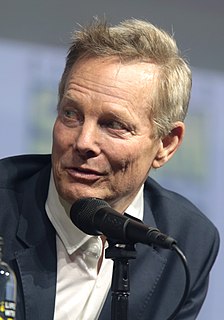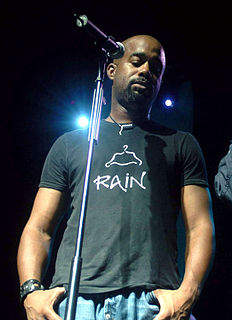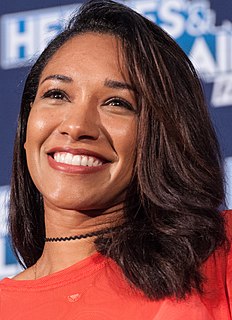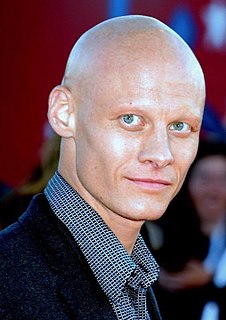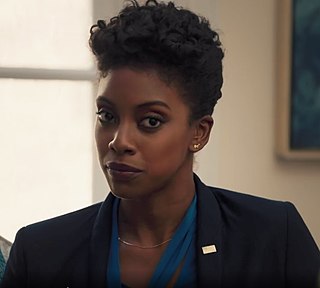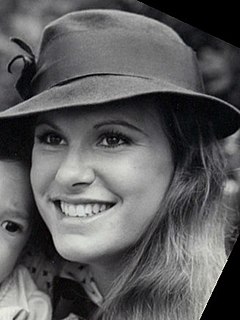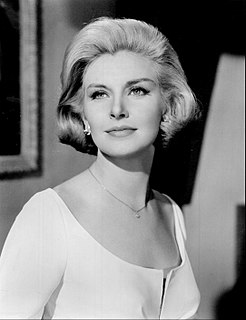A Quote by Brian Dennehy
Theater is a physical activity as much as anything. It's harder for me to learn the lines than it was 30 years ago. At the same time, I'll never quit working in the theater - until I can't memorize two lines back to back.
Related Quotes
My first time acting for camera really was for Steven Spielberg in War Horse. I was trained in theater and I was actually working in theater at the time. I had a small role with the Royal Shakespeare Company, which is a huge prestigious theater company back in England. I honestly thought that was as good as it got.
I have to work hard and wear pants. I've worked really hard these last years, and since everything is coming together at the same time, I had to move the play back. I'm kind of in love with my theater agent. I'm a true naïve about the theater, a total innocent. He says to me, have you ever been to a rehearsal room? Do you realize you are opening at the Public in New York? You do understand that the audience will be New York theater people?
I hoped that I could learn how to combine an education with acting. But I was unhappy with the direction I chose, so I decided to take on a six-month tour for a musical theater performance, thinking that I'd go back to university in a year. That became two years, then three years, until I really realized I am already doing what I love doing.


